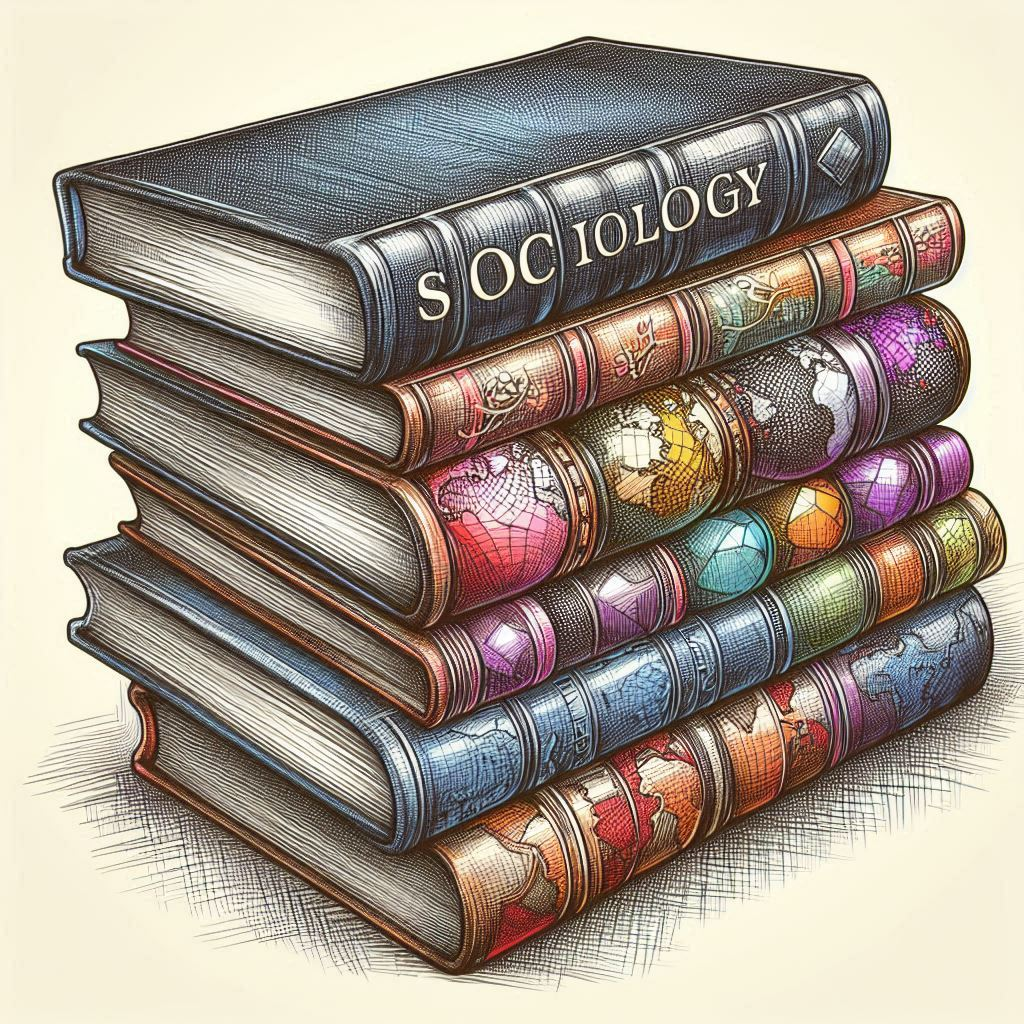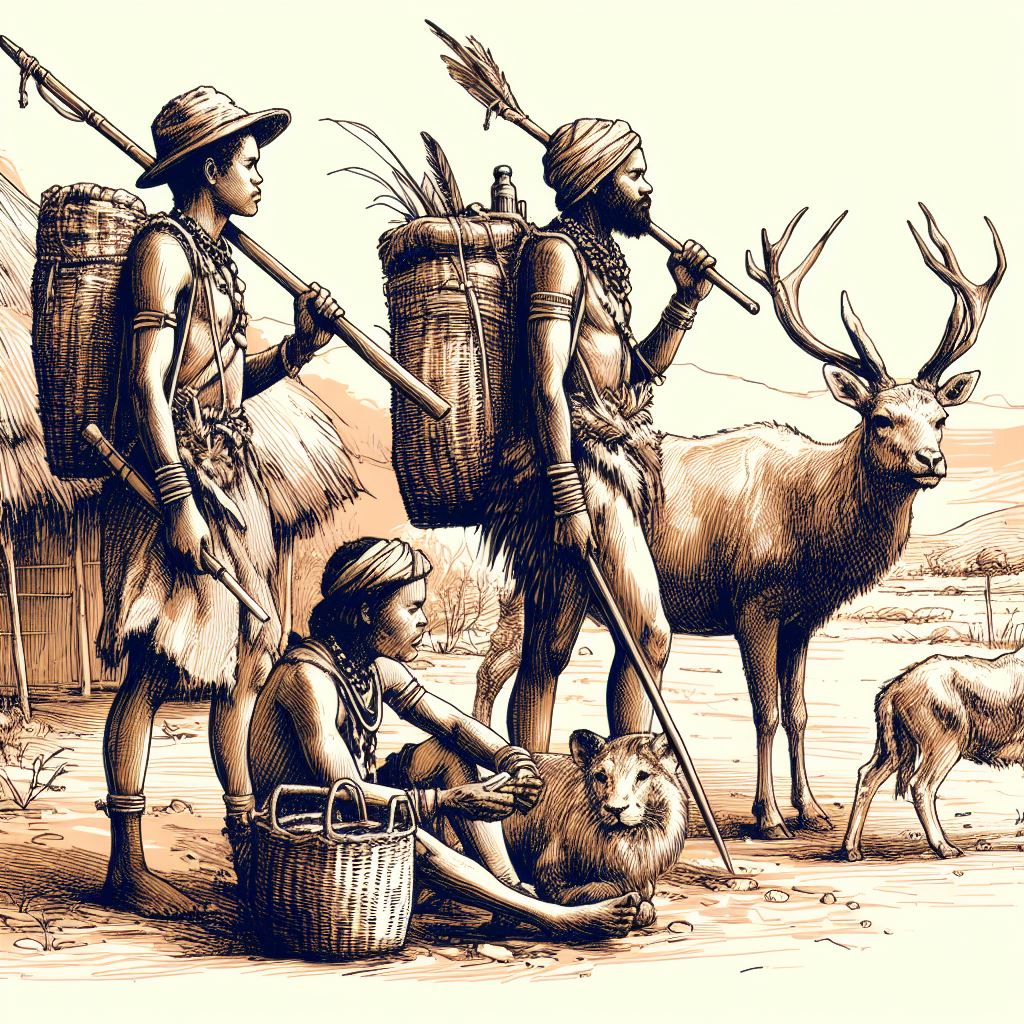Authority implies legitimacy or legitimate use of power. According to Weber, there are three systems of legitimation, each with its corresponding norms, which justify the power to command. It is these systems of legitimation which are designated as the following
types of authority.
This system of legitimation flows from traditional action. In other words, it is based on customary law and the sanctity of ancient traditions. It is based on the belief that a certain authority is to be respected because it has existed since time immemorial.
In traditional authority, rulers enjoy personal authority by virtue of their inherited status. Their commands are in accordance with customs and they also possess the right to extract compliance from the ruled. Often, they abuse their power. The persons who obey them are ‘subjects’ in the fullest sense of the term. They obey their master out of personal loyalty or a pious regard for his time-honoured status. Let us take an example from our own society. You are familiar with the caste system in India. Why did the ‘lower’ castes bear the atrocities inflicted by the ‘upper’ castes for centuries? One way of explaining this is because the authority of the ‘upper’ castes had the backing of tradition and antiquity. The ‘lower’ castes some say had become socialised into accepting their oppression. Thus, we can see that traditional authority is based on the belief in the sacred quality of long-standing traditions. This gives legitimacy to those who exercise
authority.
Traditional authority does not function through written rules or laws. It is transmitted by inheritance down the generations. Traditional authority is carried out with the help of relatives and personal favourites. In modern times, the incidence of traditional authority has declined. Monarchy, the classic example of traditional authority still exists, but in a highly diluted form. The Queen of England is a traditional figure of authority but as you may be aware, she does not actually exercise her authority. The laws of the land are enacted in her name, but their content is decided by the legislators, the representatives of the people. The queen has a parliament, which governs the kingdom, but she does not appoint ministers. She is a nominal head of state.
Briefly, traditional authority derives its legitimacy from longstanding traditions, which enable some to command and compel others to obey. It is hereditary authority and does not require written rules. The ‘masters’ exercise their authority with the help of loyal relatives and friends. Weber considers this kind of authority as irrational. It is therefore rarely found in modern developed societies.
Charisma means an extraordinary quality possessed by some individuals. This gives such people unique powers to capture the fancy and devotion of ordinary people. Charismatic authority is based on extraordinary devotion to an individual and to the way of life preached by this person. The legitimacy of such authority rests upon the belief in the supernatural or magical powers of the person. The charismatic leader ‘proves’ his/her power through miracles, military and other victories or the dramatic prosperity of the disciples. As long as charismatic leaders continue to ‘prove’ their miraculous powers in the eyes of their disciples, their authority stays intact. You may have realised that the type of social action that charismatic authority is related to is affective action. The disciples are in a highly charged emotional state as a result of the teachings and appeal of the charismatic leaders. They worship their hero.
Charismatic authority is not dependent on customary beliefs or written rules. It is purely the result of the special qualities of the leader who governs or rules in his personal capacity. Charismatic authority is not organised; therefore there is no paid staff or administrative set-up. The leader and his assistants do not have a regular occupation and often reject their family responsibilities. These characteristics sometimes make charismatic leaders revolutionaries, as they have rejected all the conventional social obligations and norms.
Based, as it is, on the personal qualities of an individual, the problem of succession arises with the death or disappearance of the leader. The person who succeeds the leader may not have charismatic powers. In order to transmit the original message of the leader, some sort of organisation develops. The original charisma gets transformed either into traditional authority or rational-legal authority. Weber calls this routinisation of charisma.
If the charismatic figure is succeeded by a son/daughter or some close relative, traditional authority results. If, on the other hand, charismatic qualities are identified and written down, then it changes into rational-legal authority, where anyone acquiring these qualities can become a leader. Charismatic authority can thus be described as unstable and temporary. We can find examples of charismatic leaders throughout history. Saints, prophets and some political leaders are examples of such authority. Kabir, Nanak, Jesus, Mohammed, Lenin and Mahatma Gandhi, to name a few were charismatic leaders. They were revered by people for their personal qualities and the message they preached, not because they represented traditional or rational-legal authority. Let us now describe the third type of
authority identified by Max Weber.
The term refers to a system of authority, which are both, rational and legal. It is vested in a regular administrative staff who operate in accordance with certain written rules and laws. Those who exercise authority are appointed to do so on the basis of their achieved qualifications, which are prescribed and codified. Those in authority consider it a profession and are paid a salary. Thus, it is a rational system.
It is legal because it is in accordance with the laws of the land which people recognise and feel obliged to obey. The people acknowledge and respect the legality of both, the ordinance and rules as well as the positions or titles of those who implement the rules. Rational-legal authority is a typical feature of modern society. It is the reflection of the process of rationalisation. Remember that Weber considers rationalisation as the key feature of western civilisation. It is, according to Weber, a specific product of human thought and deliberation. By now you have clearly grasped the connection between rational-legal authority and rational action for obtaining goals.
Let us look at examples of rational-legal authority. We obey the tax collector because we believe in the legality of the ordinances he enforces. We also believe that he has the legal right to send us taxation notices. We stop our vehicles when the traffic policeman orders us to do so because we respect the authority vested in him by the law. Modern societies are governed not by individuals, but by laws and ordinances. We obey the policeman because of his position and his uniform which represents the law, not because he is Mr. ‘X’ or Mr. ‘Y’. Rational-legal authority exists not just in the political and administrative spheres, but also in economic organisations like banks and industries as well as in religious and cultural organisations.


